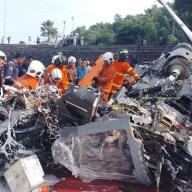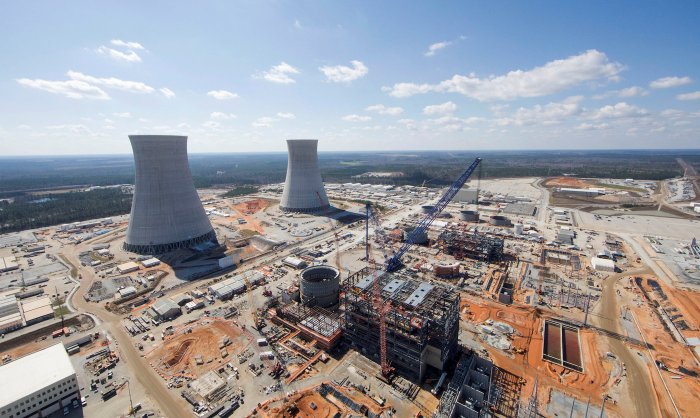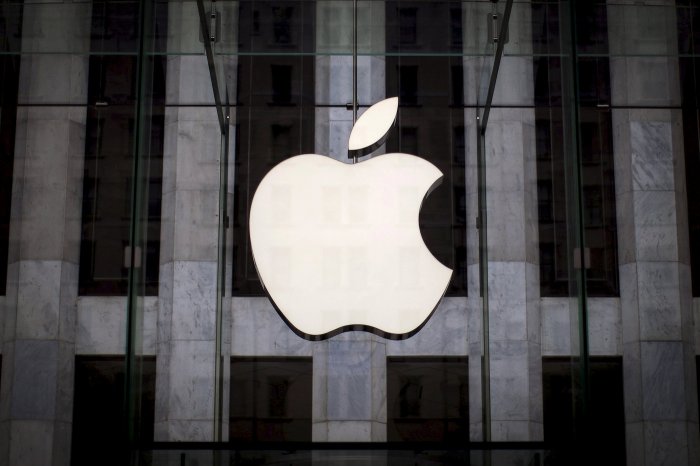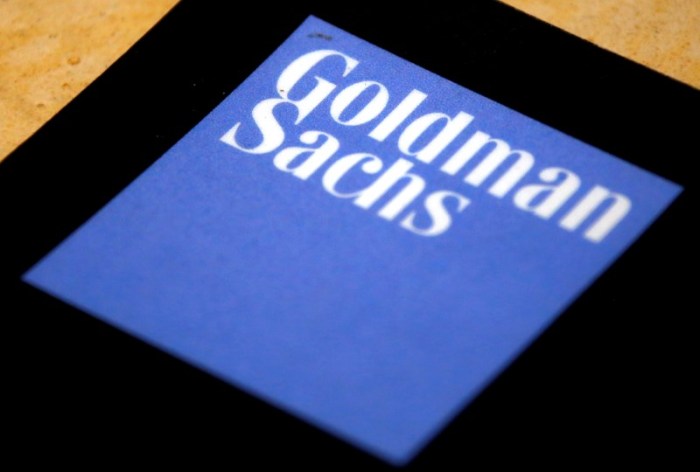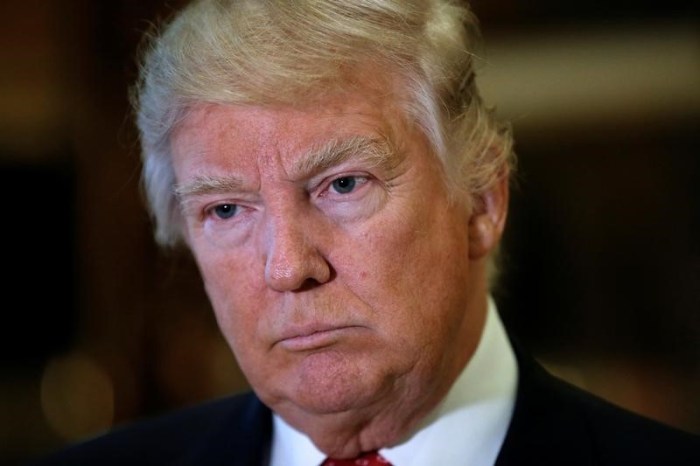By Georgina Prodhan
BOCHUM, Germany (Reuters) – Thyssenkrupp’s Heinrich Hiesinger warned that a hoped-for merger of Thyssenkrupp’s European steel operations with those of Tata Steel The Essen, Germany-based group, whose operations range from car parts to submarines to materials distribution, is almost 20 percent owned by activist shareholder Cevian, which would like to see parts of the business split off to increase its value. “We will not be pressured by external factors,” Hiesinger said at Thyssenkrupp’s annual shareholder meeting. “We too would like a speedy solution, but it has to be a good solution.” Thyssenkrupp shares were trading 1.4 percent higher by 1049 GMT, versus a little changed blue-chip DAX index <.GDAXI>.
“Positive earnings commentary should help assuage investor concerns,” wrote Jefferies analyst Seth Rosenfeld, who rates Thyssenkrupp “buy”.
Thyssenkrupp and India’s Tata Steel have been talking for about a year about merging their European steel units to cut costs and overcapacity, but the plan is complicated by Tata’s huge pension deficit in Britain, which is set to balloon to 1-2 billion pounds ($1.25-$2.5), according to its trustee. “We are conducting talks with Tata with great care,” Hiesinger said, reiterating that Tata’s British pension obligations were an obstacle. “It still remains open whether, when and with whom such a step in consolidating the industry will take place.” Fund manager Ingo Speich of shareholder Union Investment warned Thyssenkrupp not to cling to what might be a fading hope of partnership with Tata.
“Can the political risks for a joint venture with Tata after Brexit be controlled?” he asked. “Thyssenkrupp urgently needs a plan B or C in order not to be left standing alone at the end.” He urged Hiesinger to also consider other divestment options, especially of the submarine business, which missed out on a major contract last year and has been plagued by corruption allegations, but said elevators and automotive components were core to the group’s future. “Thyssenkrupp is still a colossus with feet of clay,” he said. “The direction is right; the tempo isn’t.”
Lars Foerberg, co-founder of investment firm Cevian, has said he is not satisfied with the state of his investments in Germany but that things are moving in the right direction at Thyssenkrupp.
Hiesinger pointed to synergies between the group’s operations, such as Thyssenkrupp’s new cableless elevators that can travel horizontally as well as vertically, developed by engineers from different areas of the group. “The way things are going I can say that the first quarter will be in line with our guidance. So we are well on track to achieving our full-year targets,” Hiesinger said.
For its current year, Thyssenkrupp has forecast an increase in adjusted operating profit to around 1.7 billion euros ($1.8 billion) from 1.5 billion last year, a “clear improvement in net income” from last year’s 261 million euros and slightly positive free cash flow before mergers and acquisitions. Thyssenkrupp plans to pay a symbolic dividend of 0.15 euros per share for a second year in a row.
The company is due to publish financial results for its fiscal first quarter on Feb. 9.
(Reporting by Georgina Prodhan; Editing by Maria Sheahan and Adrian Croft)









